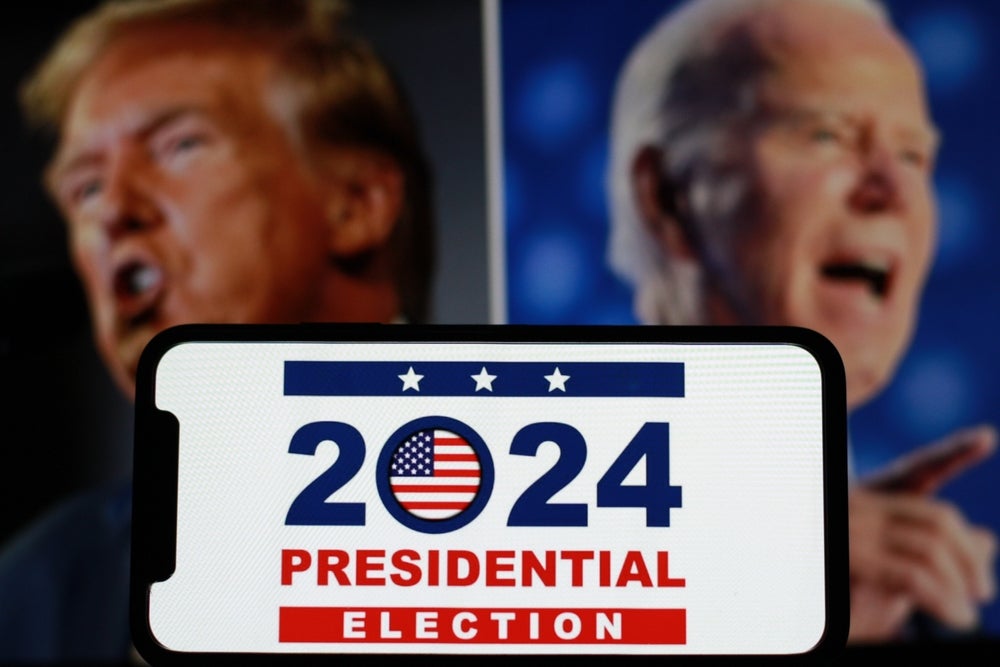Amidst a contentious political landscape, former President Donald J. Trump is leveraging his campaign for re-election by targeting the electric vehicle (EV) industry, which has flourished under President Joe Biden’s tenure.
Earlier in May, Democrats in the US House of Representatives announced an investigation into Donald Trump after reports emerged that he promised oil company executives to reverse climate policies in exchange for campaign funding for his 2024 presidential bid.
The Washington Post reported that members of the House Oversight Committee, led by top Democrat Jamie Raskin, sent letters to nine oil executives requesting details about a recent meeting with Trump at his Mar-a-Lago resort, where he allegedly solicited a $1 billion donation.
This purported quid pro quo arrangement raises ethical, campaign finance, and legal concerns. “Media reports raise significant potential ethical, campaign finance and legal issues that would flow from the effective sale of American energy and regulatory policy to commercial interests in return for large campaign contributions,” Raskin wrote in the letter, cited in The Guardian.
Meanwhile, Politico reported that oil companies are preparing executive orders for Trump to sign if re-elected, including reversing Biden’s pause on natural gas export permits.
Virginia Canter, chief ethics counsel at the nonprofit Citizens for Responsibility and Ethics in Washington, commented on the meeting, describing it as “a very focused small group directed at a particular industry” with a transactional nature, The Guardian reported.
Karoline Leavitt, a spokesperson for Trump’s 2024 campaign, criticized Biden’s environmental policies, stating, “Joe Biden is controlled by environmental extremists who are trying to implement the most radical energy agenda in history and force Americans to purchase electric vehicles they can’t afford,” the Independent reported. Trump has consistently denied the climate crisis, calling it a “make-believe problem.”
However, Trump’s platform, which includes rolling back tailpipe emissions targets and slashing EV tax credits, may not resonate with all Republican voters. The EV sector has spurred job growth and investments in southern states. Some observers suggest that even if a future President Trump reduces EV tax credits, the market’s momentum may persist, albeit slower.
The automotive landscape has transformed considerably since Trump’s presidency in 2016. Since taking office, electric vehicle (EV) sales have more than quadrupled, with over four and a half million EVs on the road, according to the White House. Additionally, the number of publicly available charging ports has grown by over 70%, resulting in 170,000 publicly available EV chargers across the US. Private companies have also announced more than $25 billion in investments in the US EV charging network, including over $10 billion from the private sector, according to a White House statement.
President Biden’s Inflation Reduction Act has sparked a surge in gigafactory construction, with 14 new battery plants announced since July 2023, boosting forecast battery capacity by two-thirds. This domestic manufacturing boom, driven by over $100 billion in EV, battery, and charging investments, has made EVs more accessible by reducing battery costs by over 90% since 2008 and rapidly improving energy density and performance, according to Benchmark Minerals.
William Clay Ford Jr., executive chair of Ford Motor, highlighted the industry’s long-term planning, told the New York Times: “Our time frame as a company, our planning time frame, is a lot longer than election cycles,” Ford said at an event organised by the Detroit Free Press last month. “When we’re whipsawed back and forth by politicians that becomes really difficult for us.”
As the EV market shifts from early adopters to mainstream consumers, its growth appears to be reaching a tipping point. While Trump’s proposed policies might decelerate this progress, the industry’s fundamental shift towards electric vehicles seems irreversible. However, the pace and stability of this transition remain uncertain, and any political upheaval could introduce significant volatility, affecting not just the US but the uptake and resilience of the EV sector across the Atlantic.
How will Biden’s China tariff hikes affect European car financing?









